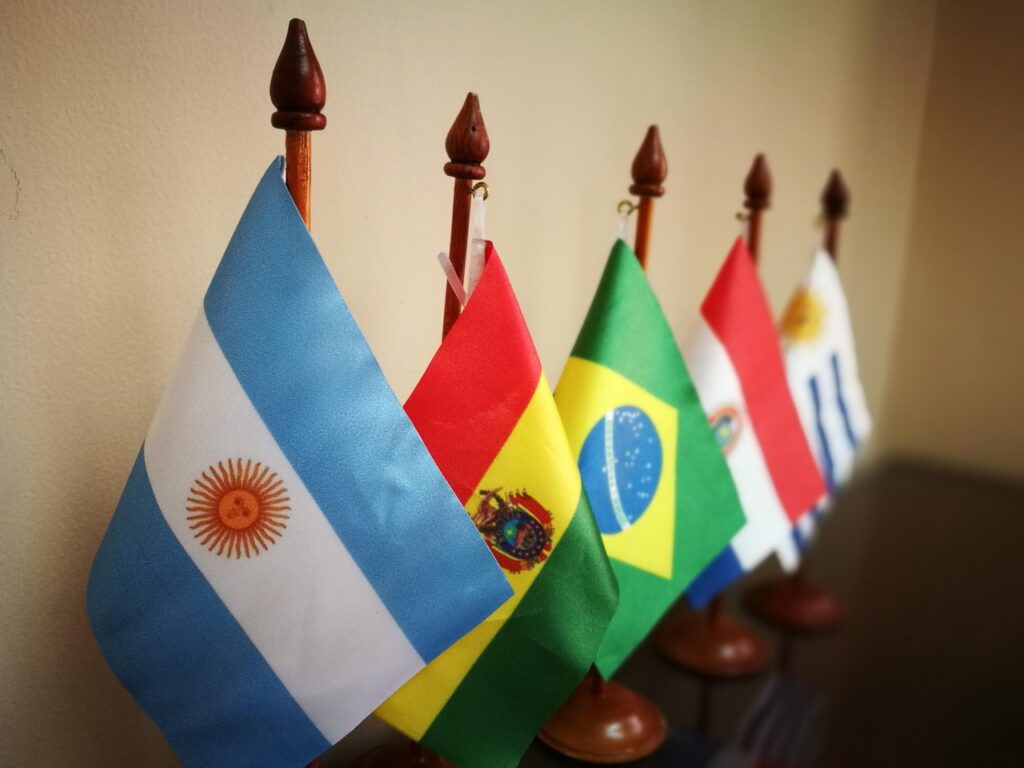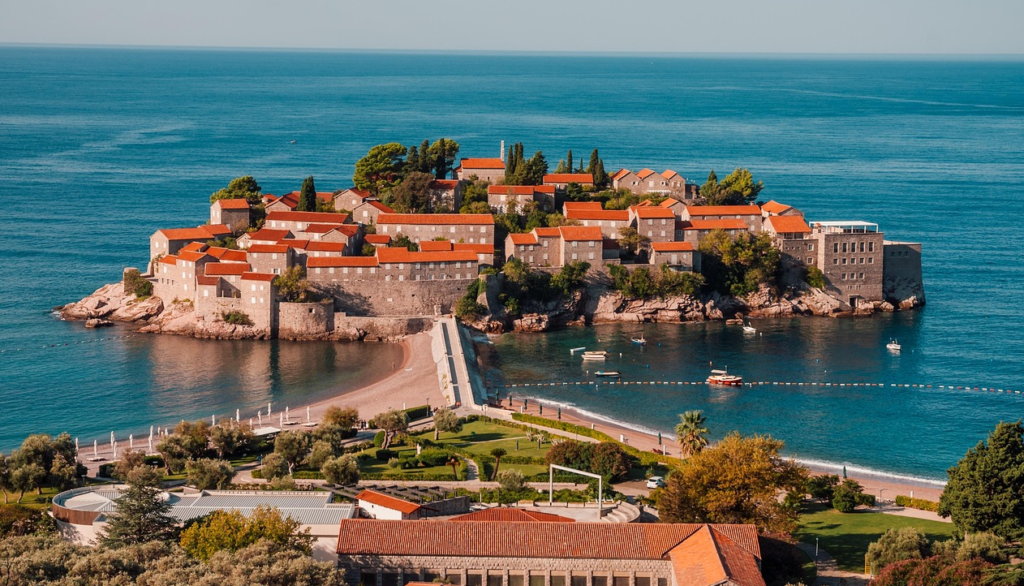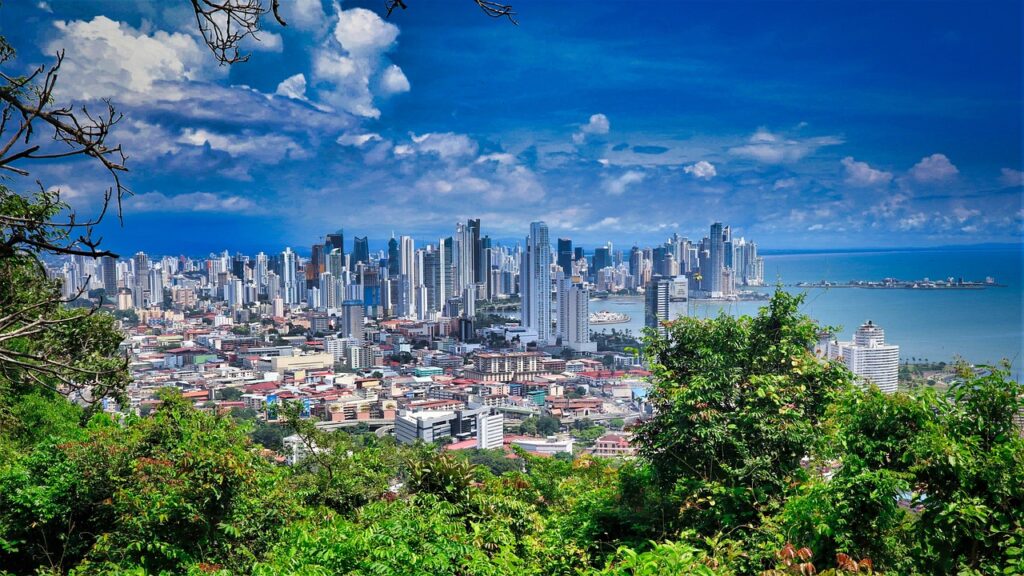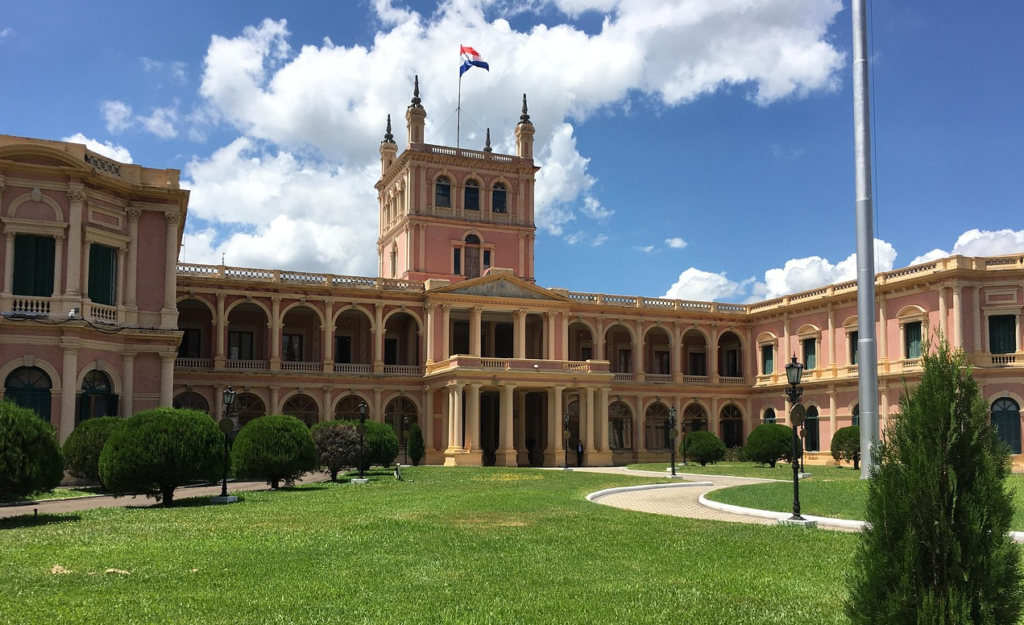
We encourage our readers to obtain multiple residencies, because it is nice being welcome in more than one country. In peaceful times, you may want to live in different countries based on the weather. In times of turmoil, disease, or political change, you can live in whichever country treats you the best, instead of being trapped in the country of your birth. To learn more about the benefits of pursuing residency schemes, please read our article Live More: Get A Second Residency.
On this blog, we have discussed a variety of residency options. However, we always advise readers to check the official government website and consult with local immigration specialists because residency programs can change at any time (sometimes with no notice).
Occasionally, residency programs change for the better. Governments may simplify the requirements, permit applicants from more countries, or streamline the immigration process. However, some changes can make a residency program less attractive, or no-longer a viable option.
Below are a few examples of residency programs that changed after we became residents. Our advice is: if a program looks attractive, jump on it before the laws change!
Montenegro

In our article Montenegro: Our New European Residency, we were thrilled to share how we became residents of Montenegro. The process was affordable, straightforward, and achieved our goal of having a residence in Europe. Unfortunately, Montenegro has made a significant change to its residency program this year – regarding renewals. The change is so extreme that (despite all of our time and effort last year), we have decided not to renew our Montenegrin residency.
If you haven’t read the article, here is a quick recap:
I pursued the “temporary residency via business incorporation” option in Montenegro (and later sponsored my spouse). I chose the company route because it has a less stringent physical presence requirement. As an international CEO you are expected to travel outside the country for business purposes. At the time I applied, the process looked like this:
- Make sure you qualify. You need a valid passport, an apostilled college degree, and an apostilled criminal background check from your home country.
- Incorporate a Montenegrin company. At that time the incorporation costs were approximately €400, and it took about three weeks to create and register the company.
- Apply for residency. After getting your personal documents translated and approved by the appropriate Montenegrin agency, you can go to the immigration office. You hand in your application documents and submit fingerprints, a digital signature, and a photo.
- Register a long-term address in Montenegro. You can rent or purchase property if you plan to spend significant time in the country. In my experience, it was also possible to sign a year-long lease at a vacant property (for only €100/year) to satisfy the government’s registered address requirement.
- Pick up your temporary resident’s card. In my case, it was ready within a mere 2 weeks. Additionally, I was amazed at how affordable Montenegrin residency was. I spent less than €1000 for the incorporation, lease, and residency steps.
- Open local bank accounts. You will need a corporate account so the company can pay its taxes and your salary. You will also need a personal account for your salary to be paid into.
- Maintain company/banking operations and get a new residence card each year.
When I completed the immigration process, my lawyer indicated that the annual renewal would be quick and easy. I was told all my personal documents would stay on file (passport, college degree, criminal record) and I would simply need a new temporary residence card printed. I was instructed to apply for a new card at least one month before the old one expired and bring documents confirming that my reason for residency was still valid (i.e., my company was still operational.)
Three months later, I spoke with my Montenegrin lawyer and he explained that the renewal requirements had changed. In addition to getting a new card each year, I would be required to submit a new criminal background check from my home country every three years.
Recently, he contacted me again because the law became even harsher. To renew my temporary residency, I would need to submit a fresh criminal background check every year.
Why this change is worrying:
First, in my opinion, obtaining a new criminal background check from your home country seems counterintuitive. Once you have become a resident, presumably you have been living (and committing crimes, if any) within Montenegro.
Moreover, getting a fresh criminal background check can be quite burdensome. As a Canadian, I would need to:
- Buy an expensive international flight back to Canada;
- Get fingerprinted in person at a local police station (or through an accredited fingerprinting agency);
- Submit the fingerprints to the Royal Canadian Mounted Police (RCMP) and wait until they issue a certified criminal record check;
- Get the certified criminal record check apostilled so it is recognized outside of Canada.
*According to the RCMP website, there is currently a large demand for RCMP criminal record checks and requests may be delayed. Depending on the length of the delay, waiting for a fresh background check could make me miss the Montenegrin renewal deadline.
If you come from a country where you can easily obtain fresh background checks online, renewing your Montenegrin residency might make sense. But, for others (like me) it is an onerous requirement.
If I am going to collect personal documents every year, I would rather apply for a different digital nomad visa each time I order a background check. Lots of countries offer digital nomad/remote worker visas that allow you to explore the host country for a year (in some cases more). For an example, check out our article Nomad Life in Croatia Made Easy. Those visa applications require the same documents as Montenegro, and I could live in lots of different places.
Finally, I am hesitant to recommend a residency program that changes so frequently. In the past, I have seen residency and golden visa programs change (or disappear) once they become too popular — usually after they have been running for many years. But Montenegro has changed its requirements multiple times in a single year! Once I become a resident, I would like the peace of mind of knowing I am welcome any time. I do not want to be constantly checking if the government has added more requirements or restrictions.
Despite my ranting, Montenegro is still an amazing country. If it is a good residency option for you, check the Government of Montenegro website for the most up-to-date requirements.
Panama

We became Panamanian residents under the 2012 version of the “Friendly Nations Visa.” This scheme permitting citizens of certain countries to live and work in Panama is still active, but it changed significantly in 2021. To qualify, you must:
- Have a passport (valid for at least six months);
- Prove economic activity in Panama;
- Demonstrate financial solvency;
- Provide a clean criminal record from your home country or places of residence during the past five years;
- Submit a health certificate issued by a Panamanian hospital or recognized health center.
When we applied, the economic activity requirement was very broad. It could be starting a business, making an investment, buying real estate, or receiving a job offer. In our case, we formed a company and shut it down once the residency was granted.
Now, the economic activity requirement is limited to only three options:
1) You must have a formal employment contract with a Panamanian company; or
2) You must purchase real estate with a minimum value of $200,000 USD; or
3) You must deposit a minimum of USD 200,000 in a 3-year fixed-term deposit at a Panamanian bank.
The most significant change is that when we applied, you could get permanent residency immediately. Now, if your application is approved, you are only granted a 2-year temporary residency permit.
If Panamanian residency sounds attractive to you, please consult the Panama Immigration website.
Paraguay

We became residents of Paraguay a few years ago — when you could get permanent residency right away. As permanent residents, we are only required to visit Paraguay once every three years. The process was affordable, because there were no investments or real estate purchases necessary for residency. We merely had to prove economic solvency by either providing 1) a bank statement with at least $5,000 in savings OR 2) an apostilled university degree. Getting residency involved a single week-long trip to Paraguay. We submitted our translated and apostilled documents, and later our lawyer mailed us our Paraguayan ID cards.
We provided the following documents:
- Passport with entry stamp into Paraguay
- Birth certificate
- Clean criminal background check
- Medical certificate stating applicant is in good health
- University degree (to prove economic solvency)
- Sworn statement agreeing to respect Paraguayan laws
The residency laws in Paraguay changed in 2020, 2022, and 2024. On a positive note, the process we discussed above is slightly easier because Paraguay no longer has an economic solvency requirement.
However, the serious downside is that now you will only be granted temporary residency. Your temporary resident permit is valid for 2 years (you can renew it and convert it into permanent residency after 21 months).
The approval process also now requires two trips to Paraguay. The first, to submit your documents, and a second to pick up your biometric Paraguayan ID card. Additionally, you must visit the country at least once a year to maintain your residency.
In 2025, the only route to automatic permanent residency is to open a company in Paraguay and put at least $70,000 into it. Once you have been granted Permanent Residence status it is valid for 10 years.
Becoming a resident of Paraguay may still be a good option for you. For current requirements, please visit the Ministry of Foreign Affairs website.
We do not want this article to scare you away from obtaining a second residence. We simply want to point out that timing is key. If you are certain that you have found the right residency program for your lifestyle, apply as soon as possible.